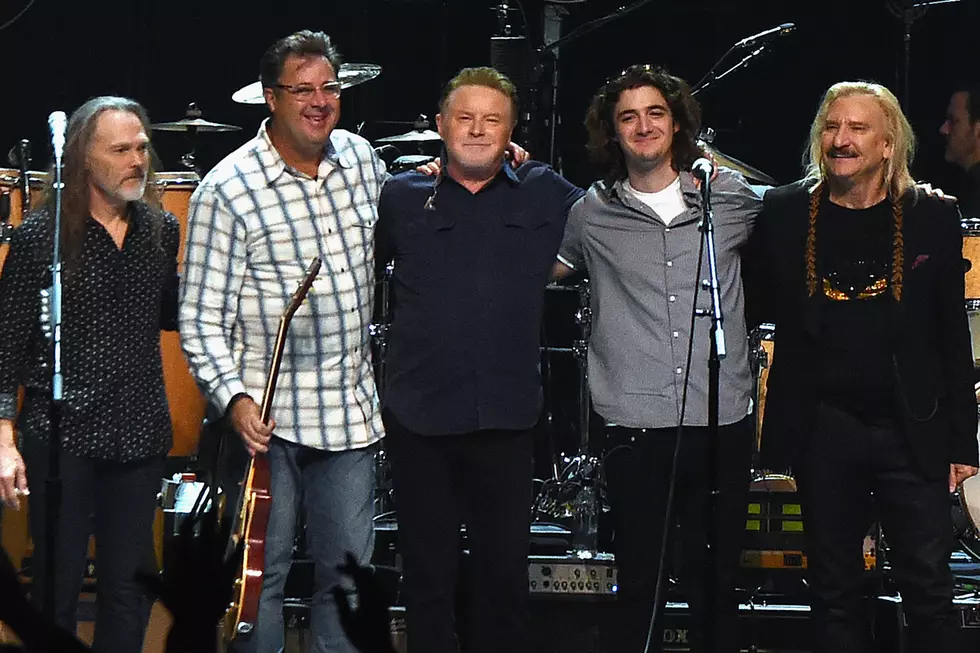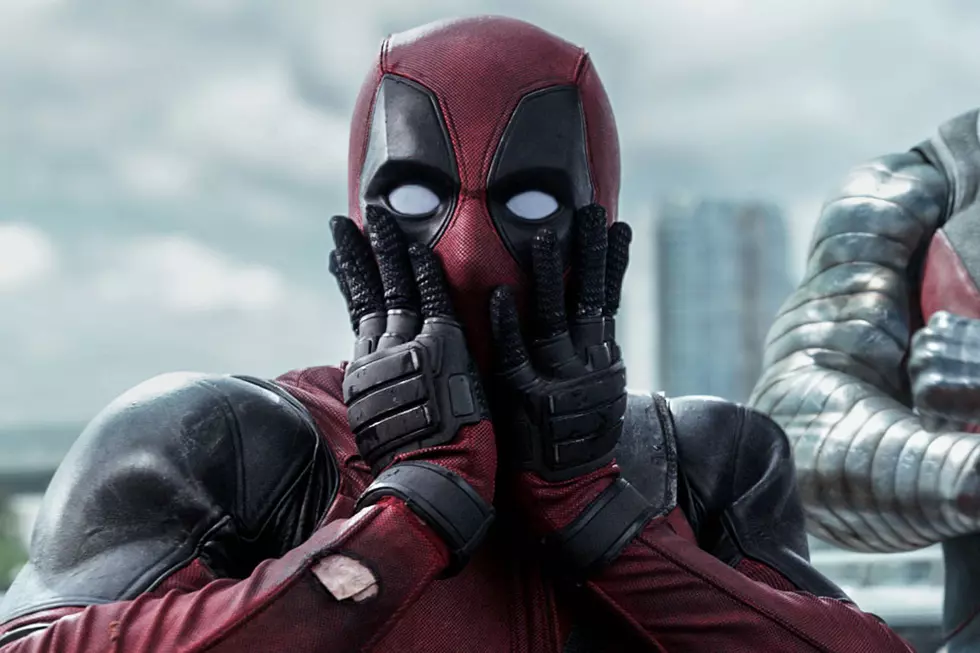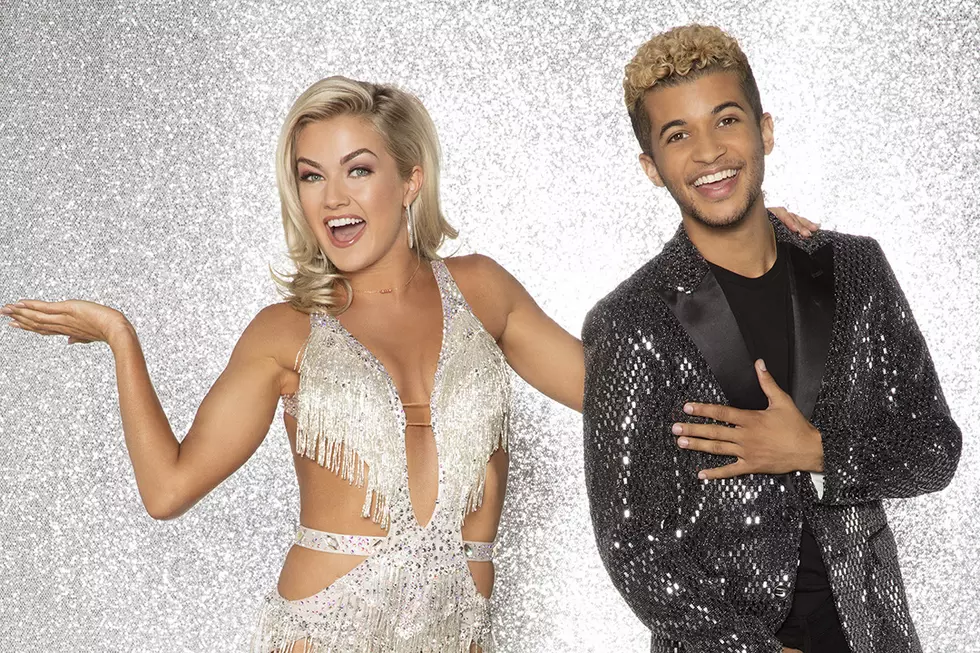
China’s Music Industry Sounds Off on Government’s Hip-Hop Ban
In late January, the Chinese government banned hip-hop culture and people with tattoos from appearing on television. Now, China's music industry is sounding off on the ban, explaining the details about what is really going on.
According to Alan Hsia, the co-founder of LOOP Inc, a Taiwan-based dance music agency, the ban is "more about allowing hip-hop to be on mainstream platforms." Hsia adds that hip-hop culture influenced the mainstream culture in China "too big and too fast."
Marcus Rowland, A&R for the Beijing-based Outdustry, echoes the same statements, telling Billboard, “This is not the Chinese government trying to ‘fully suppress’ hip-hop. The government exerts massive control over TV and it has decided that hip-hop isn’t acceptable at the highest level of mainstream media.”
While the ban may only affect mainstream media, shows like Rap of China—an internet-based rap reality show co-produced by Kris Wu—are hugely popular in the country and will most likely be pulled off the air as sponsors quickly flee.
"I don't even know if Rap of China season two will be allowed," Li Dalong, chief operating officer of Mao Livehouse told South China Morning Post.
According to producer Billy Koh, the government's ban is aimed particular at artists who became popular on Rap of China. "This move is individual," Koh said, saying the government is singling out artists such as PG One and Gai.
Rowland was more blunt with his comments, agreeing what many already thought about the move. "This ban is the government saying what most of us always knew: that the government sees hip-hop as part of low-level society and not appropriate for mainstream audiences."
Although the mainstream media does command power in China, Rowland hopes rappers will now make a move to the underground, building organic fan bases on streaming platforms and offline events.
See New Music Releases for February 2018
More From KYYW 1470










